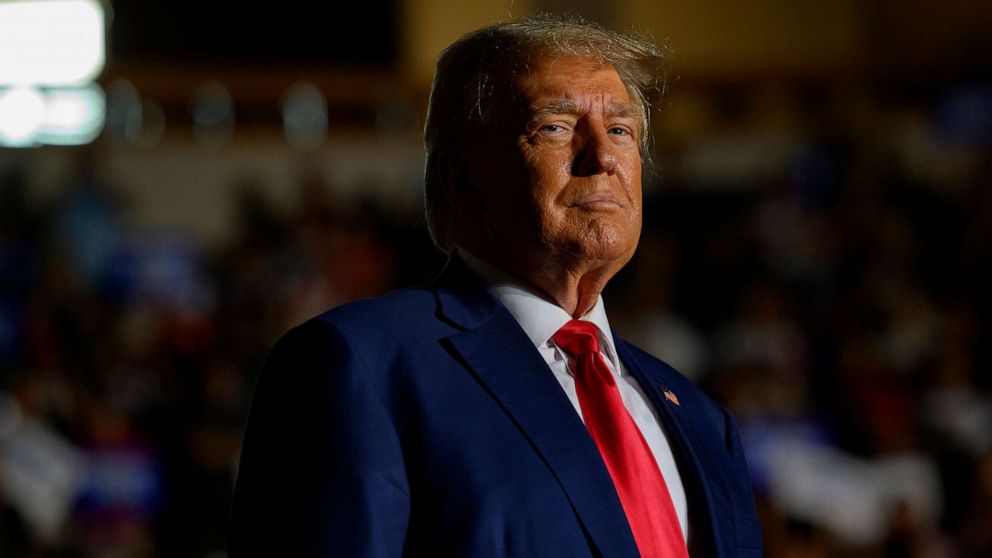Key Issues in Trump’s Jan. 6 Indictment: Criminal Intent and Free Speech Take Center Stage
Former President Donald Trump’s indictment in connection with the January 6th Capitol riot has raised several key issues that are now at the forefront of legal and constitutional debates. Two of the most significant issues being discussed are criminal intent and the boundaries of free speech. These issues are crucial in determining the outcome of the case and could have far-reaching implications for future political discourse and accountability.
Criminal intent, often referred to as mens rea, is a fundamental element in any criminal case. It refers to the mental state or intention of the accused at the time of committing the alleged offense. In Trump’s indictment, prosecutors must establish that he had the necessary intent to incite violence or insurrection on January 6th. This raises questions about whether Trump’s words and actions leading up to the riot were a direct call to violence or if they were protected under the First Amendment.
Trump’s defense team argues that his statements made during a rally preceding the Capitol attack were protected by the right to free speech. They claim that his remarks were mere political rhetoric and did not directly incite violence. They contend that Trump’s words were protected political speech, even if they were provocative or inflammatory.
However, legal experts argue that there is a distinction between protected speech and speech that incites violence. The First Amendment protects freedom of speech, but it does not shield individuals from the consequences of their words if they incite imminent lawless action. The key question in this case is whether Trump’s words and actions crossed that line and directly incited his supporters to engage in violent acts.
Another important aspect of this case is the context in which Trump’s statements were made. Prosecutors will likely argue that Trump’s repeated false claims about election fraud, his encouragement for supporters to “fight like hell,” and his failure to condemn the violence once it erupted, all contribute to establishing criminal intent. They will likely present evidence showing that Trump was aware of the potential for violence and that he deliberately stoked his supporters’ anger.
On the other hand, Trump’s defense team may argue that his statements were protected political speech and that he did not have the specific intent to incite violence. They may claim that his words were taken out of context or that he was exercising his right to express his opinions on a matter of public concern.
The outcome of this case will have significant implications for the boundaries of free speech and the accountability of public figures. If Trump is found guilty, it could set a precedent for holding politicians accountable for their inflammatory rhetoric and actions. It may also lead to a reevaluation of the limits of free speech in the context of political discourse.
Conversely, if Trump is acquitted, it could reinforce the notion that political speech, even if provocative, is protected under the First Amendment. This could embolden future politicians to use inflammatory language without fear of legal consequences, potentially further polarizing political discourse and undermining public trust in the democratic process.
Ultimately, the key issues in Trump’s Jan. 6 indictment revolve around criminal intent and the boundaries of free speech. The case will test the delicate balance between protecting freedom of expression and holding individuals accountable for their actions. The outcome will not only determine Trump’s legal fate but also shape the future of political discourse and accountability in the United States.



